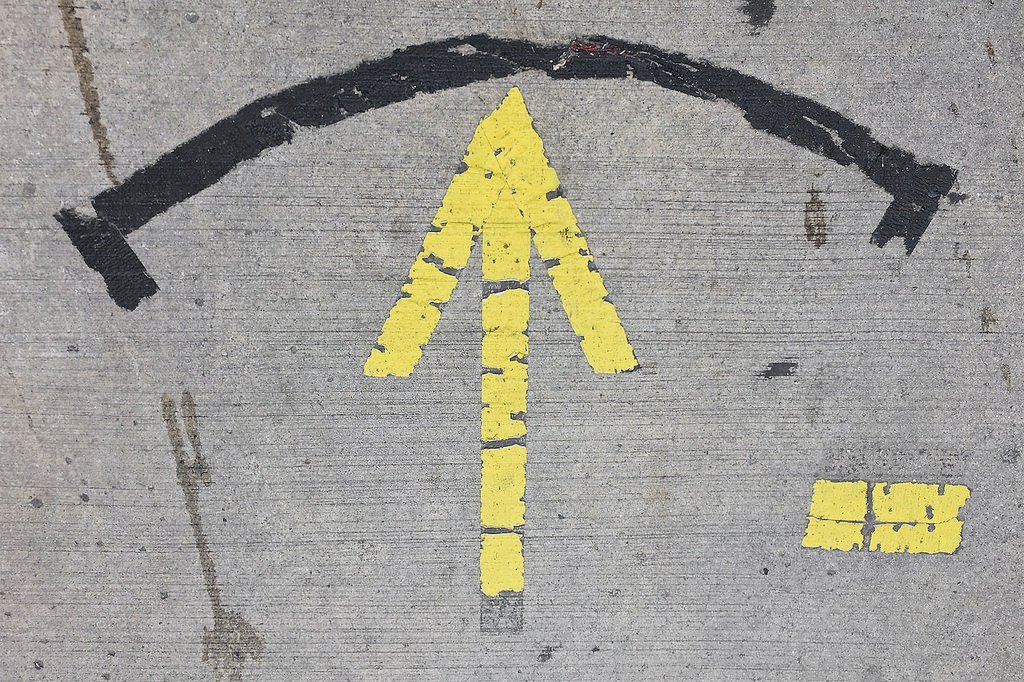“Searching for the ideal politician”
September 23 The search for leadership is a constant of the political world. Staphon Simon, 22, a Correspondent from St. Lucia, examines some of the qualities and challenges that factor in that search.
The search for leadership is a constant of the political world. Staphon Simon, 22, a Correspondent from St. Lucia, examines some of the qualities and challenges that factor in that search.
The concept of the ideal politician has been argued vehemently by the ancient, post classical and modern-era western philosophers and, by extension, contemporary Afro-Caribbean intellectuals.
Plato petitioned for a ‘philosopher king’, while Niccolo Machiavelli epitomised the concept of pragmatism, whereby rulers may be justified in whatever action they choose to take, in as much as it benefits the good of the state.
Furthermore, scholars from the Caribbean such as Dr. Tennyson Joseph, a senior lecturer at the University of the West Indies, have expounded on and substantiated Plato’s concept of a philosopher king wherein he assesses the difficulties that businessmen-politicians may face if permitted to govern a country.
My conjecture (which that it is and nothing more) is that the ideal politician cannot merely be a philosopher king taught from birth on how to govern, neither is s/he a leader granted unfettered discretion to act arbitrarily if it is to benefit the good of the state. On the contrary, the ideal politician is an individual of any social class who exudes a level of mastery as it pertains to rational and coherent thought, is inherently aware of his/her surroundings and is equally charismatic and loved by the people.
In my fair estimation, these ideals are found within every politician referred to as a ‘great leader’ due to their disposition. This bears the question: Why should one be mindful of these traits?
To begin, the ideal politician must be cognisant of occurring events around him, whether good or bad. A vigilant politician may detect issues more quickly and have sufficient time to conjure an antidote for potential maladies, whether they are issues pertaining to civil disobedience or international security. The politician with an eye to detail would be able to provide quicker security for the citizenry, his/her peers and own self-interest in comparison to an unconcerned or one-track minded politician. Hence, the ideal representative does not ignore the writing on the wall, unless gazing at it would somehow be detrimental to the state or the common good of the people.
In a word, the ideal politician has a moral obligation to be conscious of the political landscape, and this awareness must be in perpetuum.
Penultimately, the ideal politician must be a realist and should not entertain the fancies of oneself or others. Decisions ought to reflect those which are logical, precise and tactical. This is the most fundamental trait which a politician ought to possess; the result of this leads to rational decisions as one does not rely on faith, luck or chance for an outcome. They conduct research and experiments (whether it be policy creation or polls to gauge the outcome of elections) to ascertain that the consequence of decision will yield the best possible result. In other words, a politician is required to exhibit a degree of cogent thought.
Lastly, a leader who is charismatic and understanding is always desirable. This is necessary, as no one man is an island but a collective of people; hence, they ought to be able to create a stable relationship between the government and its electorate. The people have the authority whether it be through legal or prohibited means to effect change in government, abrogate laws and, according to Simeon McIntosh, nullify their constitution to promulgate a new system of government.
Machiavelli reiterates this by noting: “It is to be added that a prince (or in our case a Prime Minister or President) can never secure himself against a hostile people, because of their being too many.”
Therefore a charismatic leader coupled with a pragmatic state of mind is often able to find a common ground between himself, peers and the people. Thus, the citizenry becomes absurdly easier to influence or direct in times of turbulence and unease.
In essence, any cook can govern having satisfied a few exceptions – whether it be a lawyer, doctor, businessman, writer or regular John Doe – once that individual possesses the qualities stated in combination with a key point i.e. possessing a set level of qualifications. In that case, they would have the mechanics to move easily and successfully within government.
photo credit: designwallah Sidewalk Geometry Lesson via photopin (license)
…………………………………………………………………………………………………………………
About me: I am a student at the University of the West Indies pursuing my BSc in political science and law. My ambitions are not too grand, if I may say so myself; I intend on becoming an attorney at law and someday open a clinic to provide legal aid to individuals who cannot afford proper assistance. Additionally, I intend if so chosen to represent my constituency within government and help formulate true Commonwealth legislation to benefit the people.
…………………………………………………………………………………………………………………
Opinions expressed in this article are those of the author and do not necessarily represent the views of the Commonwealth Youth Programme. Articles are published in a spirit of dialogue, respect and understanding. If you disagree, why not submit a response?
To learn more about becoming a Commonwealth Correspondent please visit: http://www.yourcommonwealth.org/submit-articles/
…………………………………………………………………………………………………………………




